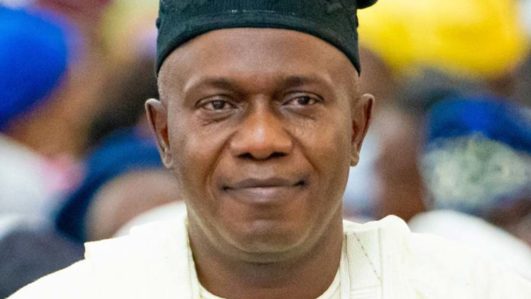In a bid to make housing more affordable and ease the pressure of large rent payments, the Lagos State Government is preparing to introduce monthly and quarterly rent options for residents.
Speaking at the 2025 Ministerial Press Briefing to mark the halfway point of Governor Babajide Sanwo-Olu’s second term, Commissioner for Housing, Moruf Akinderu-Fatai, revealed the state’s intentions to restructure rent payment formats. According to him, the initiative is aimed particularly at assisting low-income earners who often struggle with the traditional annual rent demands.
“This new system is about creating breathing space for Lagosians,” Akinderu-Fatai explained. “Annual payments are a major burden for many, and we’re responding with a model that breaks that cycle.”
The initiative builds on the success of previous government programs, such as the rent-to-own scheme which allowed residents to enter homeownership with only a 5% down payment, spreading the remainder over a decade. Akinderu-Fatai said the popularity of that program demonstrated the appetite for more flexible housing solutions.

The proposed plan will undergo a pilot rollout in select areas across Lagos, while consultations with landlords, real estate developers, and financial institutions are ongoing. These discussions aim to iron out critical details such as payment monitoring and ensuring compliance by all parties.
“Bringing landlords and developers into alignment is essential,” the Commissioner said. “There are valid concerns around payment guarantees and enforcement, and we are actively engaging all stakeholders to address them before the full launch.”
Though no firm rollout date has been announced, the Commissioner assured that the government is not merely floating the idea. “This is a concrete step toward reshaping the rental landscape in Lagos. We understand what this means to thousands of families trying to make ends meet, and we’re committed to delivering,” he affirmed.
If implemented effectively, the new rent model could set a precedent for other Nigerian states grappling with similar housing affordability challenges.




